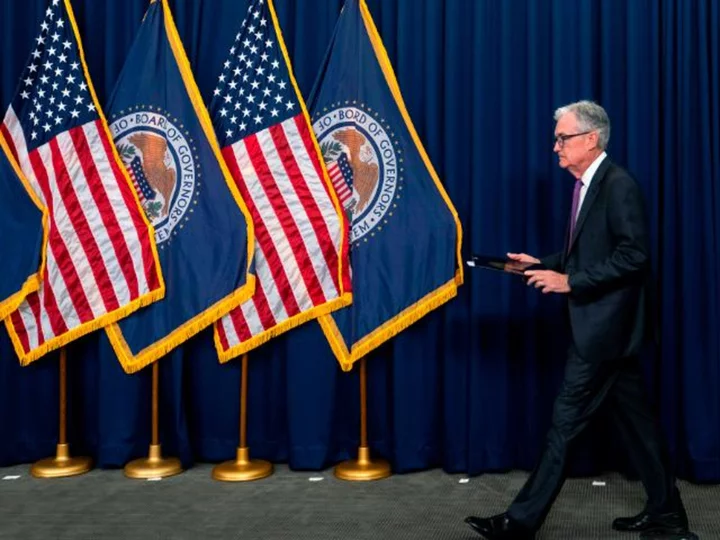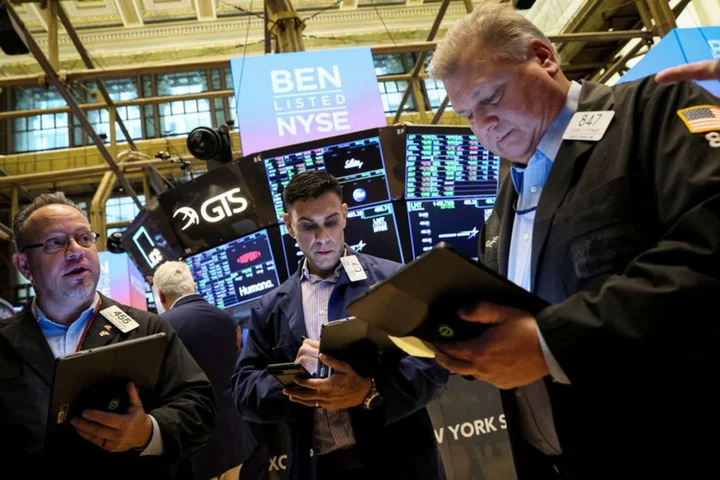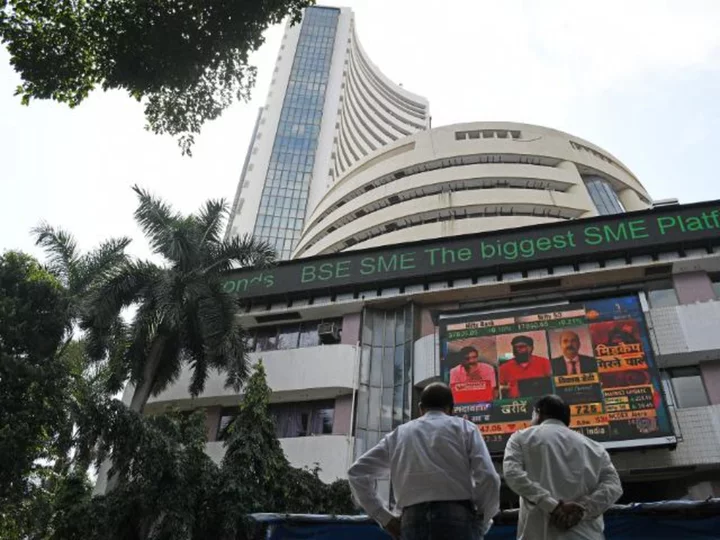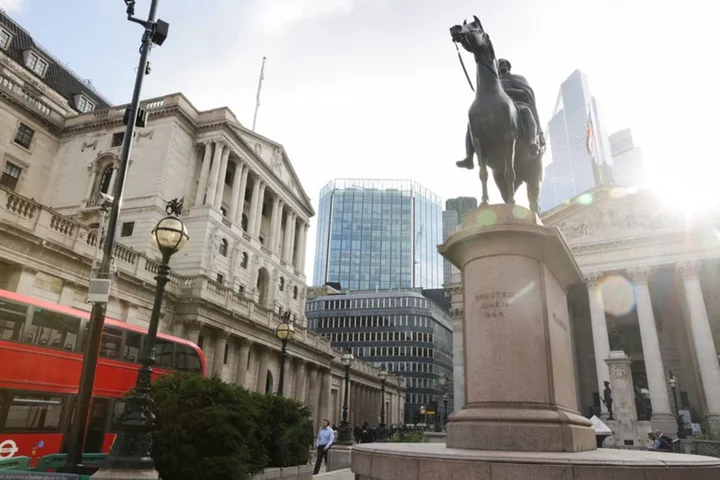After the Federal Reserve raised interest rates in July to the highest level in 22 years, Wall Street's focus is on whether September will bring another rate hike.
But does it really matter whether the Fed raises or pauses rates next month?
The Fed's current target range for the fed funds rate is 5.25-5.5%. The central bank has raised rates 11 times since March 2022 to get there and has hinted that another rate could come later this year.
Yet moderating economic data in recent months has investors hopeful that the central bank could not only pause rates in September, but that it could also mark the end of the Fed's historic pace of hikes.
That optimism grew in August, after economic reports showed a mixed read on the economy, but indicated that inflation was cooling overall:
Employers added just 187,000 jobs in July, slightly above the monthly average seen in the decade before the pandemic.The Consumer Price Index for July showed an acceleration in consumer prices for the first time in more than 12 months, though the underlying data showed that inflation is still cooling overall.
Traders see a 89% chance that the central bank holds rates steady at its next meeting in September, as of Friday afternoon.
Before the Bell spoke with Ed Yardeni, president of Yardeni Research, to discuss whether the Fed's rate decision in September is important and his market outlook for the rest of the year.
This interview has been edited for length and clarity.
Before the Bell: Does it matter whether the Fed raises rates in September by another quarter point or holds steady instead?
Ed Yardeni: One and done wouldn't be a problem. Another 25 basis points after they've already increased by over 500 basis points wouldn't make much difference. But then again, there is the risk of overkill. For all we know, they've already done more than enough — and we did have the banking crisis in March and Moody's downgraded a lot of the regional banks.
I think it's fair to say that the commercial real estate market, particularly the office building market, still has a lot of potential downside.
So again, if they've overkilled already, then another 25 basis points would just be more of the same and the damage has already been done. If they in fact accomplished what they set out to do, which was to push interest rates up to a restrictive enough level — [so] that if it was kept there for a while — that would bring inflation down without causing recession [or] a credit crunch, I think that's the most reasonable scenario right now to conclude.
Do you expect the investors who have parked their cash in money market funds this year to start putting some of it back into stocks, if the Fed does hold rates higher for longer?
I think if the perception is that they're done tightening, and at the same time, they're not going to rush to lower interest rates — that might be enough normalization of interest rates relative to the economy that stock investors would feel more confident that the economy can handle it. And, that earnings can grow even in an environment where interest rates are back to levels that they have been in for the past couple of decades.
One of the main reasons that the bond yields have been moving higher, again, is the perception that the recession is much less likely than people thought only a few months ago.
We've been seeing stocks decline in the last couple weeks after Fitch downgraded the US's credit rating and Moody's downgraded several US banks. Is this the beginning of some more downside for the market?
At the beginning of the year, I was targeting 4,600 on the S&P 500 by the end of the year, and we essentially got there at the end of July. And I'm not erasing my target: I think that 4600 [is] where the market will end the year. So it could either go sideways, or it could have a pullback over the rest of August into September — which are sort of the traditional weak months of the year — and then set the stage for a rally through year-end back up to 4600.
I think the bottom line is: The second half of the year's likely going to be much more challenging for stock investors than was the first half of the year.
The problem is valuation. The most popular stocks, the biggest-cap stocks, are not as cheap as they were at the beginning of the year, and earnings have to catch up. I think we're at sort of the bottom of the earnings cycle here with the second-quarter numbers that we're getting. Year-over-year comparisons should improve, but I think investors want to see that.
New Zealand plans to require large firms to report gender pay gaps
New Zealand's government plans to compel large businesses to report the state of their gender pay gaps in a bid to increase equity in the workplace, reports CNN's Kathleen Magramo.
That's according to an announcement from the country's Minister for Women Jan Tinetti, as the ruling Labour party gears up for an election fight.
Around 900 businesses with more than 250 employees will be asked to report their gender pay gaps in the proposed legislation, Tinetti said in a statement.
The requirement will eventually be extended over four years to cover companies that employ more than 100 workers, encompassing around 2,700 firms, she added.
"The reality is that women have different experiences in the workplace than men, and change is needed. Requiring companies to publish their gender pay gap will encourage them to address the drivers of those gaps and increase transparency for workers," she said.
Women tend to have similar or better qualifications than men but across the Organisation for Economic Co-operation and Development (OECD) average, there is still a disparity of 12% on full-time workers' median earnings — with women taking the lower pay.
Read more here.
UK economy records surprise growth. It may not last
The UK economy grew slightly in the three months to June 30, driven by strong rises in manufacturing and consumer and government spending, reports CNN's Olesya Dmitracova.
Gross domestic product increased 0.2% compared with the previous quarter, the Office for National Statistics said Friday, beating economists' forecasts for zero growth. In the first quarter, output ticked up by 0.1%.
Falling raw material prices contributed to the growth in manufacturing, said ONS director of economic statistics Darren Morgan. An increase in hospitality activities also helped keep the economy moving, as did government expenditure on public administration, defense and health.
However, all-important consumer spending was probably boosted in June by good weather and a flurry of live events, based on anecdotal evidence from businesses cited by the statistics office.
"The UK is by no means out of the woods," said Jonathan Moyes, head of investment research at Wealth Club, a financial research firm. "Dismal" weather in July and August is likely to weigh on spending by households in the third quarter, he added.
Read more here.









